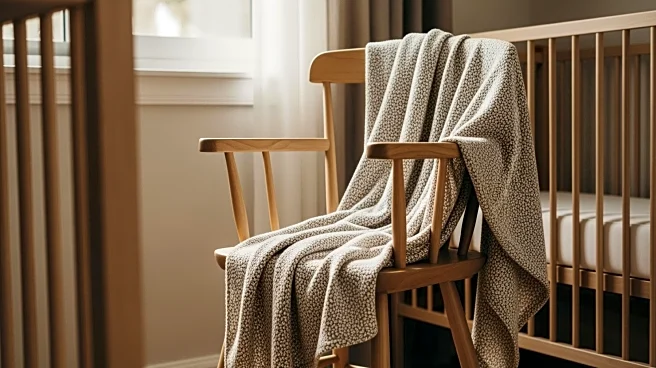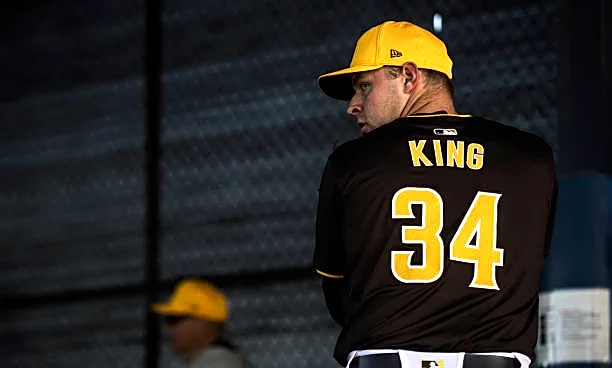What's Happening?
Reese Witherspoon, a prominent Hollywood actress, has opened up about her experience with an abusive relationship and the subsequent journey of personal recovery. In a recent podcast interview, Witherspoon shared that she had to 'rewire her brain' to overcome the emotional damage caused by the relationship. She described how her spirit was diminished due to believing the negative things said about her by her abuser. Witherspoon emphasized the difficulty of dealing with such personal issues while being in the public eye, noting the challenge of maintaining privacy amidst constant scrutiny. Her reflections highlight the struggle many face in abusive relationships, often unable to recognize the harmful dynamics until much later.
Why It's Important?
Witherspoon's candid discussion sheds light on the pervasive issue of abusive relationships, offering insight into the psychological impact and the long road to recovery. Her story is significant as it brings attention to the challenges faced by individuals in similar situations, particularly those in the public sphere. By sharing her experience, Witherspoon contributes to the broader conversation about mental health and the importance of recognizing and addressing abuse. Her narrative may inspire others to seek help and support, fostering a more understanding and compassionate society. Additionally, it underscores the need for increased awareness and resources for those affected by domestic abuse.
What's Next?
While Witherspoon has not detailed specific future actions, her openness may lead to further advocacy or involvement in initiatives supporting victims of abuse. Her influence as a public figure could drive more attention to the issue, potentially encouraging policy changes or increased funding for support services. The entertainment industry might also see a shift towards more stories that address and highlight the realities of abusive relationships, contributing to societal change.
Beyond the Headlines
Witherspoon's experience highlights the intersection of celebrity culture and personal privacy, raising questions about the ethical treatment of public figures. The constant media scrutiny can exacerbate personal struggles, suggesting a need for more respectful boundaries. Her story also touches on the broader cultural dynamics of how women are perceived and treated, both in personal relationships and public life, prompting discussions on gender equality and empowerment.











